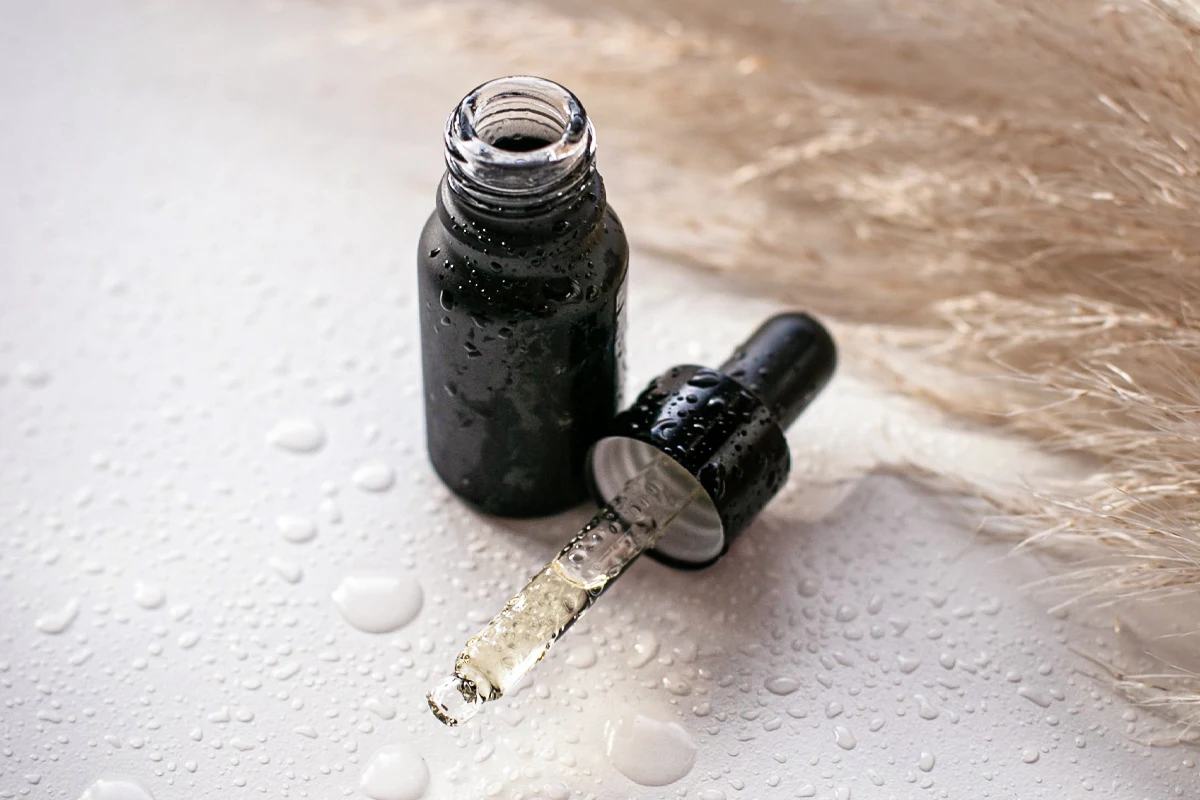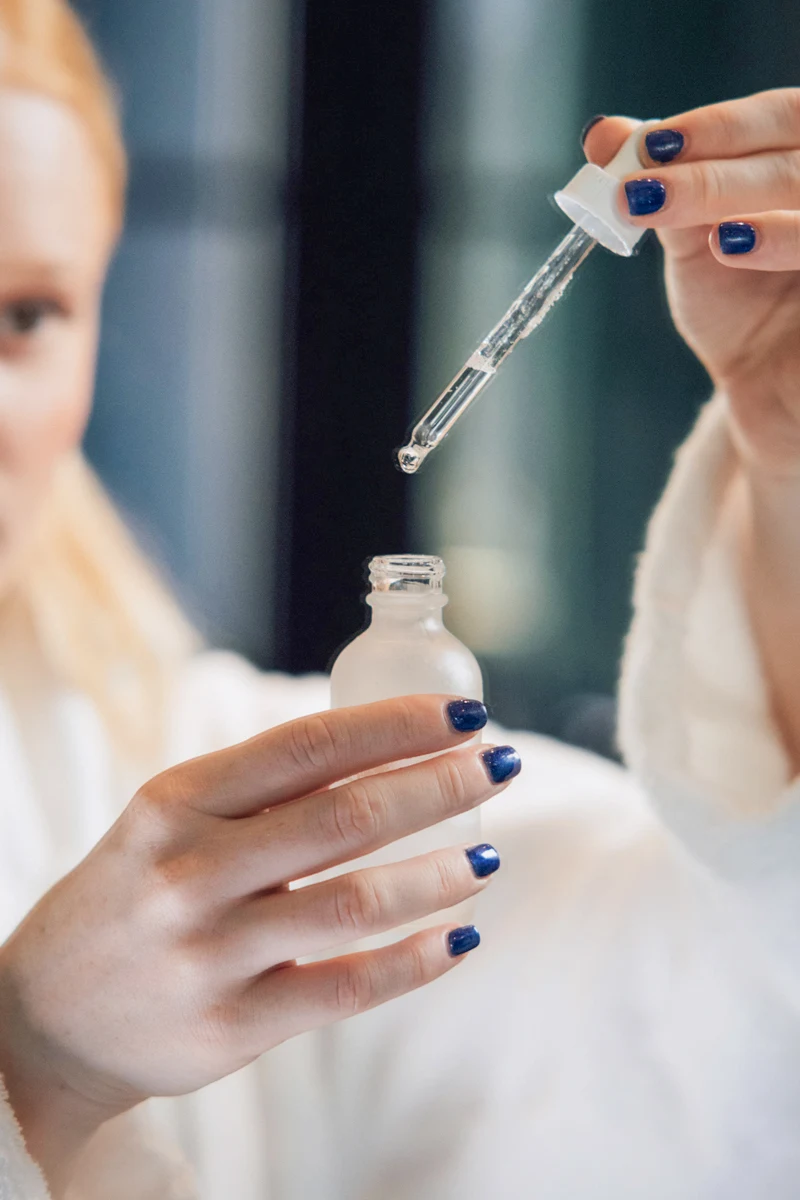Craving smooth, radiant skin but tired of confusing product claims and conflicting advice? You're not alone. Retinol, the gold standard for anti-aging, can be a double-edged sword. This guide cuts through the confusion, demystifying retinol's science, benefits, and potential drawbacks. Prepare to ditch the guesswork and embrace a personalized approach to a retinol routine that delivers the youthful glow you deserve.
What Does Retinol Do for Your Skin?
Retinol (a derivative of vitamin A) is a powerful ingredient used in cosmetics for its transformative effects on the skin. It works by promoting cell turnover, encouraging the shedding of old, damaged skin cells, and fostering the growth of new ones.
This process helps to combat common signs of aging, such as fine lines, wrinkles, and uneven skin tone. Additionally, retinol has been proven effective in addressing issues like acne, dark spots, and enlarged pores.
- Types of Retinol and How to Use Them
Understanding the different types of retinol is crucial for maximizing its benefits without succumbing to potential side effects. Retinol comes in various forms, including retinyl palmitate, retinyl acetate, and retinyl linoleate. The more potent forms, like retinol and retinaldehyde, are commonly found in over-the-counter products.
When incorporating retinol into your skincare routine, start with a lower concentration to allow your skin to acclimate. Gradually increase the strength as your skin builds tolerance, and always follow with a moisturizer to mitigate potential dryness and irritation.
- Retinol vs. Retinoid
The terms "retinol" and "retinoid" are often used interchangeably, but there are subtle differences between them. Retinol is a type of retinoid, that serves as a precursor to the active form, retinoic acid. Retinoids, which include prescription-strength products like tretinoin and adapalene, are more potent and directly influence cell turnover. While over-the-counter retinol products provide noticeable improvements, prescription retinoids may offer faster and more dramatic results, albeit with an increased risk of side effects.
What Are the Benefits of Retinol Serum for the Skin?
Retinol serums have gained immense popularity for their targeted delivery and ease of application. These serums often contain other beneficial ingredients like hyaluronic acid and antioxidants, enhancing the overall skincare experience.
The lightweight texture of serums allows for efficient absorption, making them an excellent choice for those looking to address specific concerns like fine lines, dark spots, or acne. However, it's crucial to use sunscreen during the day when using retinol products, as they can increase skin sensitivity to sunlight.
The Best Retinol Products Based on Your Skin Type and Budget
Achieving younger-looking skin doesn't have to break the bank. Several affordable retinol-based skin care products deliver exceptional results without compromising quality. The Ordinary's Retinol 0.2% in Squalane is an excellent entry-level option, providing a gentle introduction to retinol. Neutrogena Rapid Wrinkle Repair Retinol Oil is another budget-friendly choice, combining retinol with nourishing oils for a hydrating yet effective treatment. Here are a few more options, based on the current state of your skin.
- For sensitive skin:
Paula's Choice 1% Retinol Booster with Bakuchiol (combines retinol with gentler bakuchiol);
- For dry skin:
Medik8 Crystal Retinal 6 (encapsulated retinol with hyaluronic acid and squalane for hydration);
- For oily and acne-prone skin:
La Roche-Posay Effaclar Duo Dual Action Acne Treatment (contains adapalene and benzoyl peroxide to combat acne and pores);
- For mature skin:
Sunday Riley Luna Retinol Sleeping Treatment (high-dose retinol with calming ingredients for wrinkles and texture);
- For multiple concerns:
Drunk Elephant A-Passion Retinol Cream (retinol with AHAs and BHAs for exfoliation, brightening, and firming);
- Budget-friendly option:
The Ordinary Retinol 1% in Squalane (affordable and effective);
- Vegan and organic options:
REN Clean Skincare Retinol Booster (gentle formula with plant-based ingredients);
Dr. Botanicals Night Moisturizer with Retinol (PETA-approved!);
Alchimie Forever Advanced Retinol Serum.
Retinol Side Effects: What to Watch For
While the benefits of retinol are well-documented, it's crucial to be aware of potential side effects. Skin dryness, redness, and peeling are common initial reactions as your skin adjusts to the ingredient. Start with a lower concentration of retinol in your product, slowly building it up. In this way, you'll minimize unpleasant side effects.
If irritation persists, consider using retinol every other night or opting for a milder formulation. Additionally, pregnant or breastfeeding users should always consult with a healthcare professional before incorporating retinol into the skincare routine.
Concluding...
Unlocking younger skin with retinol involves more than just slathering on a trendy product. By understanding the nuances of retinol, choosing the right type, and incorporating it into a well-rounded skincare routine, you can harness its anti-aging potential effectively. Remember, achieving radiant skin is a journey, and with the right information, you can confidently embrace the power of retinol for a more youthful complexion.


